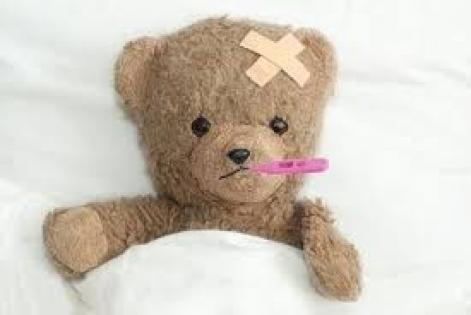As cold temperatures hit the non-tropical areas of Australia, the community is being warned not to prepare food or drink for others if they have gastroenteritis.
Chair of the Food Safety Information Council, Dr Michael Eyles, says that we often associate gastro with bacteria growing in food during Australia’s long hot summers but there are also viral gastro outbreaks in the winter months linked to norovirus that can also be transmitted by food.
“Norovirus has been called the winter vomiting bug overseas as it spreads easily between people during winter. This is because we are more likely to stay inside in close contact allowing the virus to easily spread.
“Once norovirus is contracted a single infected person can easily spread it to many others, especially if they prepare food or drink.
“There are usually around 580 reported norovirus outbreaks across Australia in a year. The actual cause of these outbreaks is often difficult to determine but it’s safe to say that poor food hygiene can make the situation worse.
“The best advice is not to prepare food for others if you have gastro as you can easily make them sick as well. Do not handle or prepare food for the family or household for at least 24 hours after symptoms have stopped.
“The safest thing to do is to arrange for someone else in your household to prepare food and drink. If no one else is available to cook then try to prepare food that needs minimal handling such as frozen food that can be cooked in the microwave – or treat yourself and your family to a take away that someone else can serve up.
Dr Eyles said that for people working in food preparation, it is illegal to handle food if they have gastro.
“If you must go to work, inform your boss of your illness and arrange to work somewhere, such as in administration, where you are not in contact with food or customers.”
He advises people to reduce the risk of getting norovirus (or spreading it to others if you already have it) by frequently washing hands with soap and warm water and drying thoroughly. Don’t share hand towels with others; use paper or your own separate hand or kitchen towel.
“The most important times to wash hands are after going to the toilet, changing nappies, cleaning up vomit or faeces or attending to a sick person who has vomited as well as before eating and preparing food.
“Don’t put your fingers in your mouth. Don’t share plates, utensils or drink bottles with others,’ Dr Eyles concluded.
* * *
Keep up to date with the latest on food poisoning at www.foodsafety.asn.au



















__small.png)










